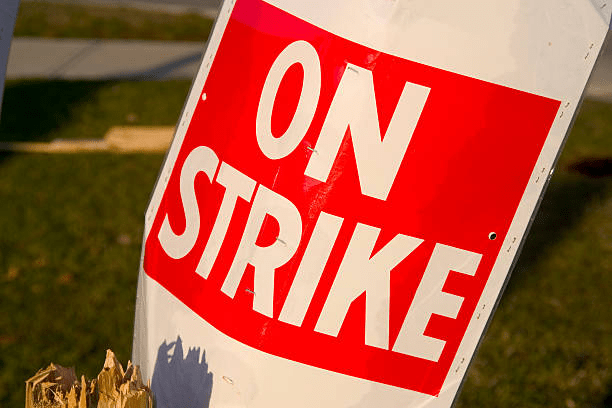There was a programme on Radio Four earlier this week concerned about whether media coverage of the cost of living crisis, strikes, NHS meltdown, Ukraine, climate change etc was depressing the nation in its relentless negativity. Was it causing a spiral of misery? Such unprecedented self-awareness!
It certainly feels so. Many I know simply can’t face the news as reported and are turning their back on it. Nobody wants the varnished truth but are we undermining our ability to cope by ignoring some of the positives around us?

Time to smile?
Well I dug around, searching for some good news to finish the year amidst the gloom and there is a surprising amount, some of it in full view. So here we go…
First, an easy one. Protecting the planet. On Monday, at COP15, 23 targets were agreed by 195 counties and the EU to ensure 30% of land, rivers and sea globally are in protected areas by 2030. Harmful farming subsidies will be reformed/phased out, risks of pesticides will be halved, rich countries will transfer US$30 billion to poorer ones for biodiversity protection. If not perfect, it is a huge step forward.
Second. Health. Longevity globally has risen from 53 in 1960 to 73 this year, up a year since 2021 despite Covid. 80% of children by the age of one will have been inoculated against at least one disease. There has been the first significant breakthrough in a search for curing Alzheimer’s and then all that progress on vaccine technology driven by Covid.
Third, closer to home. UK politics. Whatever your views, we have the most competent PM since at least Cameron (pre-Brexit referendum) faced by a viable Opposition. Sunak is economically literate, understanding the need for a solution to the craziness, for example, of having record vacancies whilst 13%, of the workforce is on some form of out-of-work benefits. Inflation will head down towards 3% next year with interest rates following according to most forecasts. Strikes really will get resolved because they have to and, internationally, we are rebuilding relationships with key allies. Come on, things will be better than this year!
We can also talk through the failure of Russia to take Ukraine although at immense cost and a possible Russian retreat/ defeat next year. The West has held its nerve in supporting Ukraine comprehensively despite the pessimists saying otherwise. We are witnessing the almost certain demise of Trump’s malign political influence and, oh yes, in science, a real breakthrough on the way to achieving nuclear fusion.
Lastly, a final point to leave you with. Numerous studies show optimists live considerably longer than pessimists. So turn off the news, stay positive and enjoy the festive break. It’s good for you… apparently…
Merry Christmas 🙂

